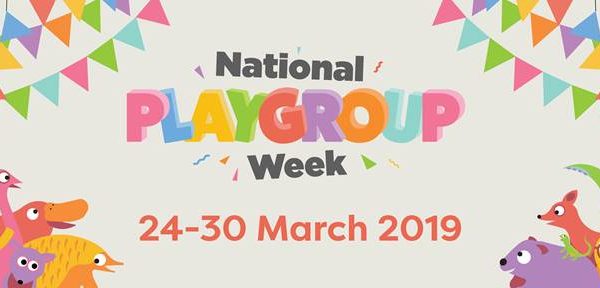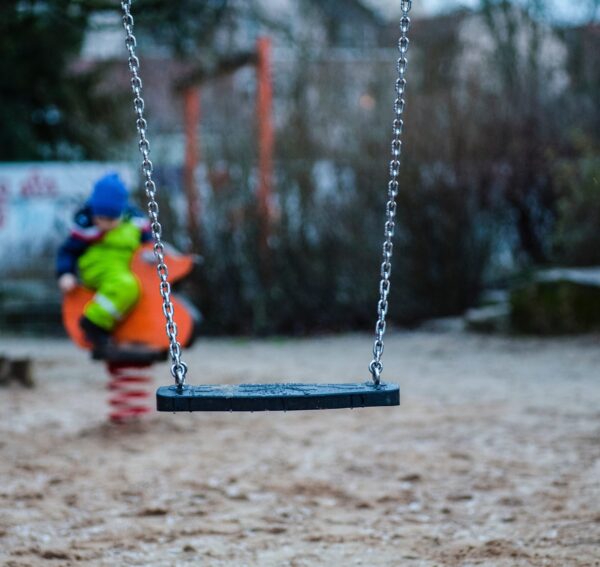Playgroup Australia invites parliamentary candidates to see play-based learning in action

In the lead up to the Federal Election, scheduled for Saturday 18 May, Playgroup Australia has welcomed parliamentary candidates to visit their local playgroup and experience the benefits of play-based early learning and parent engagement, using the opportunity of the visits to lobby for all candidates to prioritise investment in national policy agendas, funding for playgroup, and more research into what works for children and families.
A spokesperson for the group said that, as advocates for children, Playgroup Australia wants to see all children benefit from access to quality early learning through community run and supported playgroups.
“We support the Early Learning Everyone Benefits campaign initiative – which values learning through play as a fundamental right of all children and a vital building block of child, family, carer and community wellbeing. We also support Families Australia’s call for a national child and family wellbeing framework,” the spokesperson said.
Community playgroups have a long and established history in Australian communities, with 7,500 registered community playgroups meeting around Australia, covering 80 per cent of Australian postcodes. Unique and adaptable, there are a range of playgroups to support the changing face of parenting and social environments, supporting mothers, fathers, grandparents and caregivers across different languages and cultural backgrounds, allergy aware groups, nature play, LGBTI, first-time parents and playgroups for children with Autism Spectrum Disorder.
Fiona May, CEO of Playgroup Australia, encouraged all parliamentarians to “walk the talk” and demonstrate that they value the role playgroups play in creating good outcomes for children and families.
“We have just five elements in our election asks and one focus is on ensuring we have the right policy landscapes to support child development and family wellbeing,” Ms May said.
She outlined the value of participating in playgroup, and the capacity of playgroup settings to strengthen play-based learning for children, both whilst at playgroup, and then in the home and broader community, saying that by participating in playgroup, there are compliments for formal early learning.
Ms May said that by joining in with community-based playgroups, children were building skills in early literacy and numeracy, as well as social, physical and emotional skills – skills from which the broader community, and schools, benefit.
She highlighted the broader benefits of playgroup participation, saying “as well as being great for children, adult friendships and support networks fostered through playgroups have many benefits to parents, both reducing social isolation and increasing people’s connection with their local community,” said Ms May.
Playgroup Australia called for all political parties and candidates to demonstrate that they value the role of playgroups in the Australian community by:
- Supporting a national policy agenda for child, family and community wellbeing to run between 2020 and 2035 to include recognition of the role of play and playgroup for children’s development and family outcomes;
- Developing a whole-of-government ‘Early Years Strategy’ that recognises the importance of family support, early childhood development and play-based early learning across home, community and early childhood settings, noting the important role of playgroup in home and community settings;
- Increasing investment for community playgroup (by an additional $3 million per annum ongoing);
- Establishing a national supported playgroup program that includes a focus on supporting vulnerable and disadvantaged communities and families, and on growing intergenerational playgroups ($3 million per annum ongoing).
- Investing in the evidence base to build our understanding of early childhood and families, including the role of playgroup.
Federal political candidates were urged by the group to “consider how they are supporting their community to build a strong foundation for future Australians”.
More information about arranging a visit can be found by contacting Playgroup Australia via email to [email protected]
Popular

Quality
Practice
Provider
Research
Workforce
Honouring the quiet magic of early childhood
2025-07-11 09:15:00
by Fiona Alston

Policy
Practice
Provider
Quality
Workforce
Minister Jess Walsh signals urgent action on safety and oversight in early learning
2025-07-11 08:45:01
by Fiona Alston

Workforce
Policy
Quality
Practice
Provider
Research
The silent oath: Why child protection is personal for every educator
2025-07-17 09:00:31
by Fiona Alston








